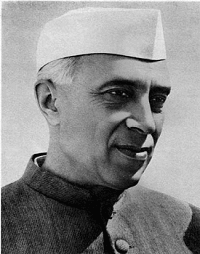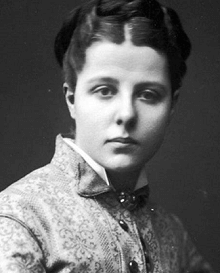Jawaharlal Nehru
Prominentwriter · 8 months ago
Jawaharlal Nehru took birth on November 14, 1889, in Allahabad, Uttar Pradesh, India. His father, Motilal Nehru, was a wealthy lawyer and a prominent leader in the Indian independence movement. His mother, Swaroop Rani Nehru, was an educated woman from a wealthy Kashmiri Brahmin family. Nehru's parents placed great importance on education, and due to this, he went to some of the best schools in India and England. Nehru's interest in politics was sparked during his time studying law in England, where he was exposed to the ideas of socialism, democracy, and nationalism. He became involved in the Indian nationalist movement and returned to India to become one of the most important leaders in the fight for independence. Nehru played a major role in India's independence movement, working closely with Mahatma Gandhi to lead non-violent protests and civil disobedience campaigns against British colonial rule. He was imprisoned several times for his activism and was prominent in negotiations with the British government for India's independence. After India's independence in 1947, Nehru became the country's first prime minister, serving until he died in 1964. During his time in office, he implemented policies to modernize India and improve the lives of its citizens, including establishing a planned economy and a nonaligned foreign policy. Nehru's death in 1964 was a great loss to the Indian nation. He passed away due to a cardiac attack. Nehru remains an important figure in Indian history, remembered for his role in the independence movement and his contributions to India's development as a modern nation.

